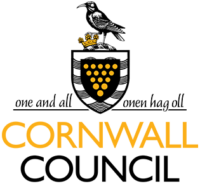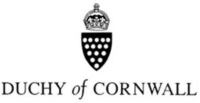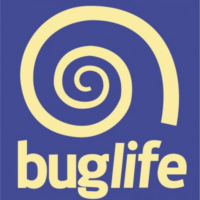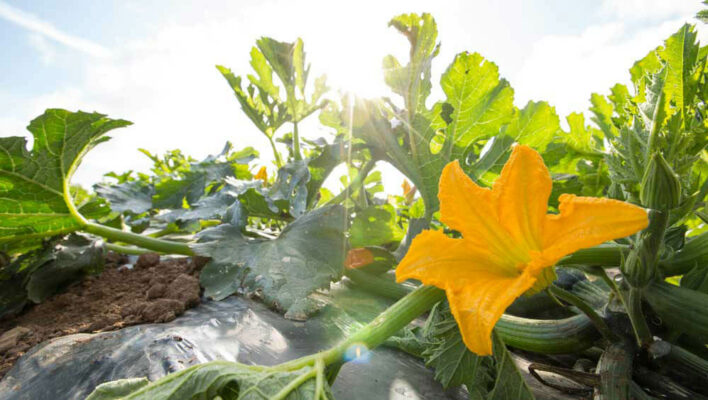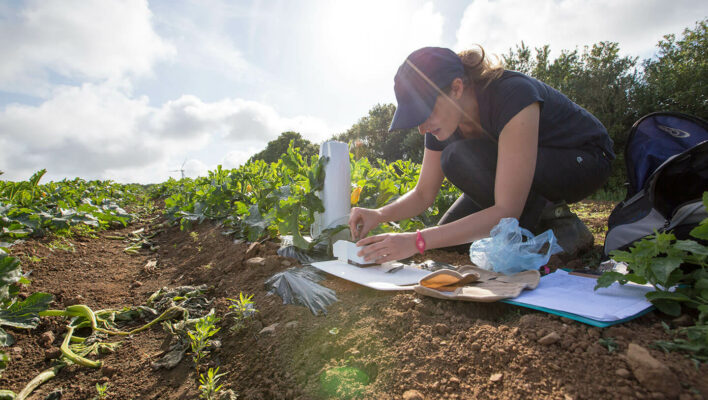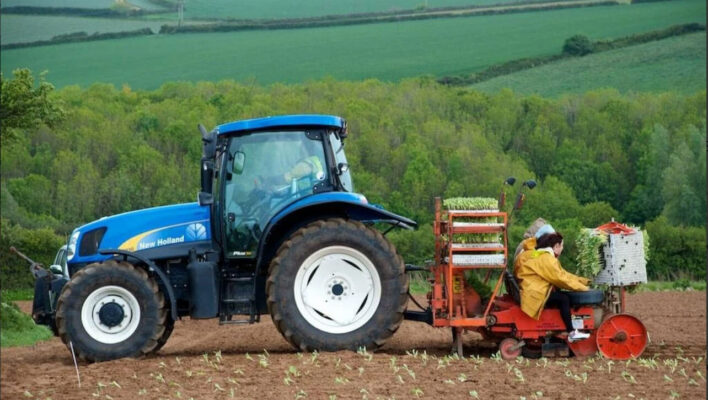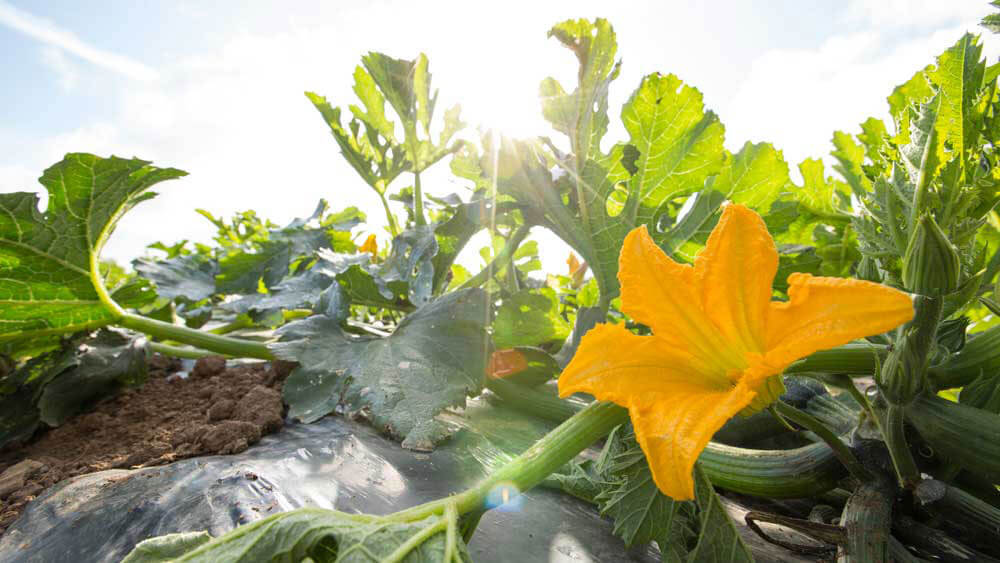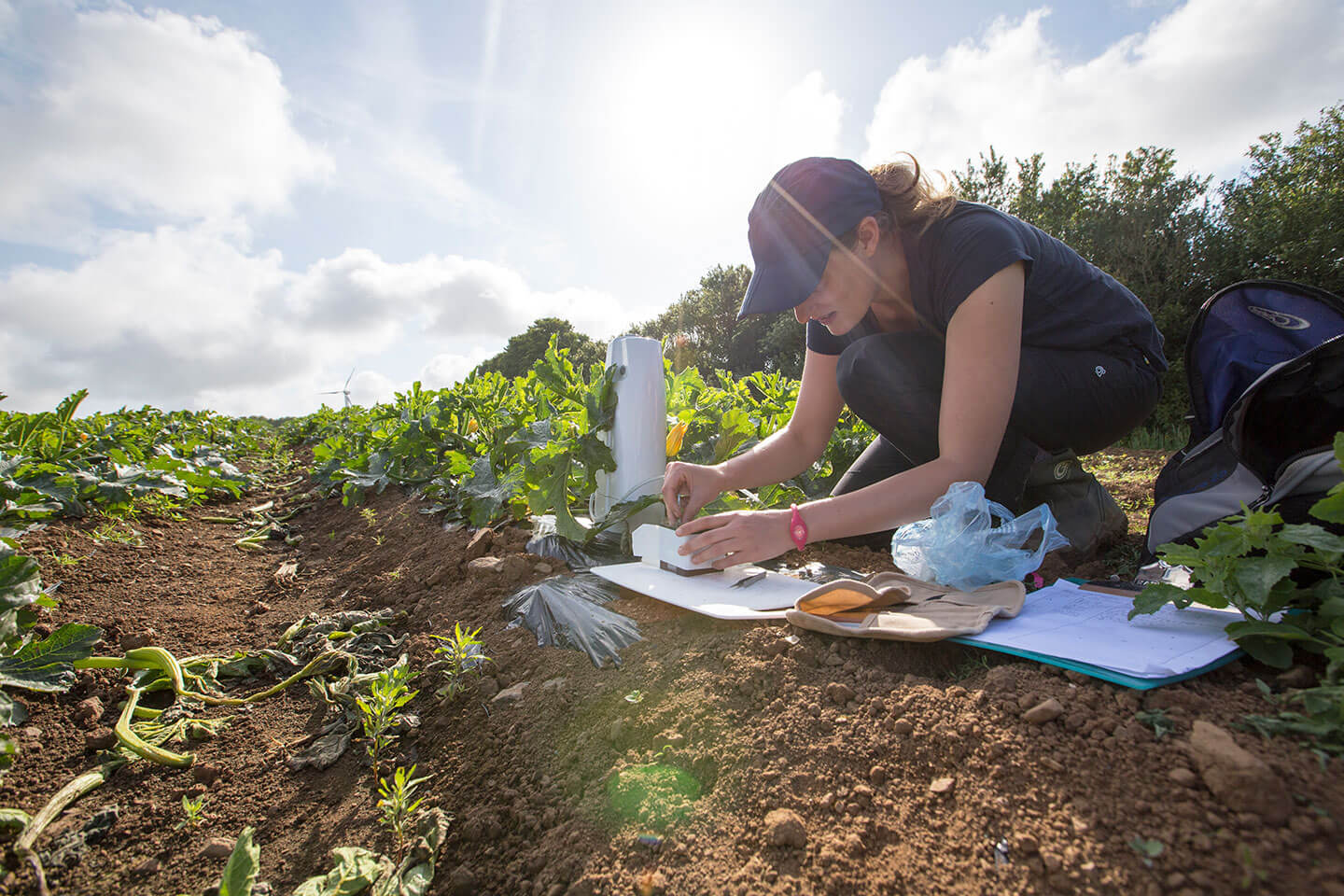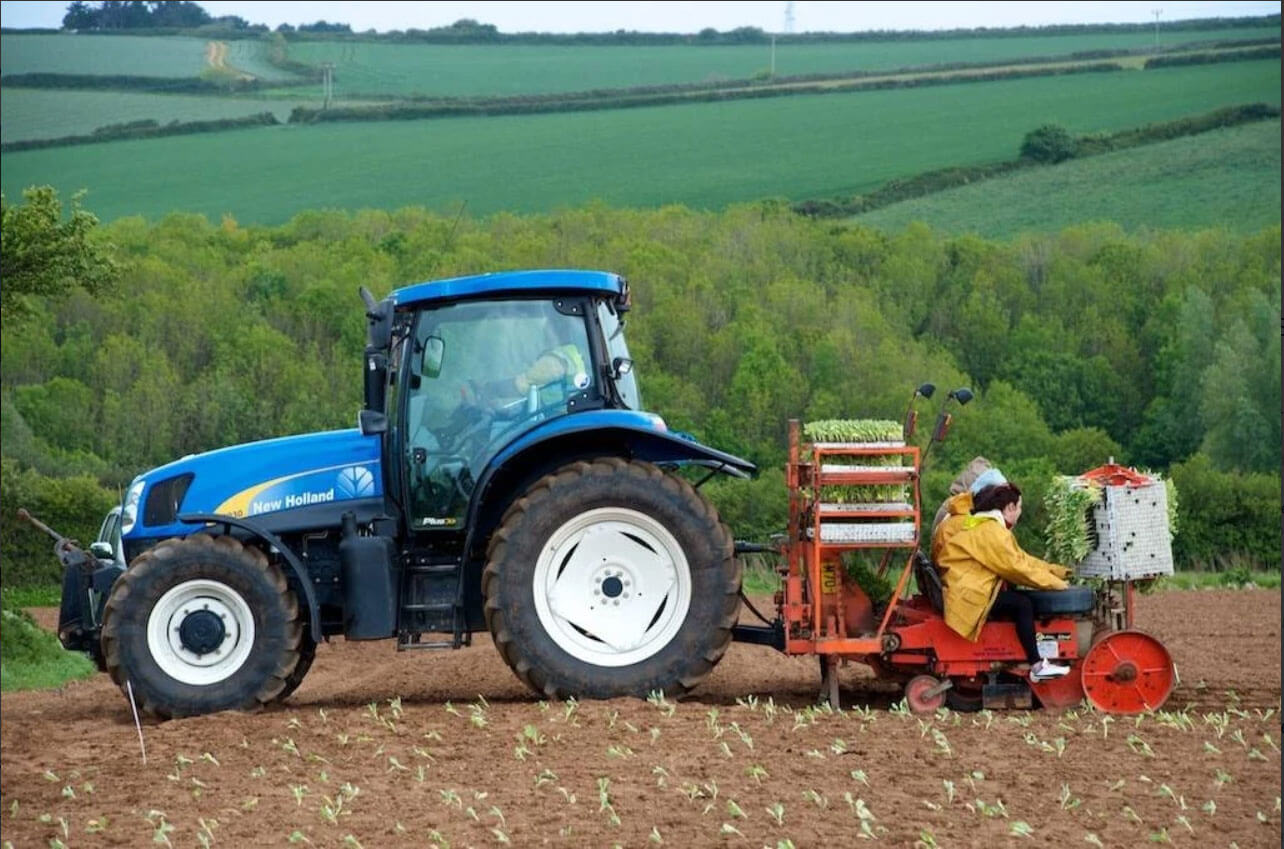Project team
Why it matters
Over the past century, 97% of Britain’s wild flower meadows have been lost and with them, a significant proportion of pollinating insects, including a third of our wild bee species. This drastic decline is detrimental to the ecosystem services that our grasslands and pollinators provide, such as plant pollination – fundamental for food production, soil quality, pest regulation and, where grasslands protect water courses and prevent flooding, water management.
Three quarters of Cornwall’s land area is farmed, with the majority dominated by grass production for dairy and beef (73% of 262,790ha). A strong horticultural industry covers only 1% of farmed land, yet produces around 30% of the South West’s fruit and vegetables through high-value crops reliant on insect pollination. Cornwall Council also owns vast areas of common land, greenspaces and road verges (around 16,000ha). Despite a number of existing initiatives to manage grassland in a less intensive fashion, most grassland in Cornwall still remains heavily mown, grazed and fertilised, resulting in a ‘green desert’ which lacks biodiversity.
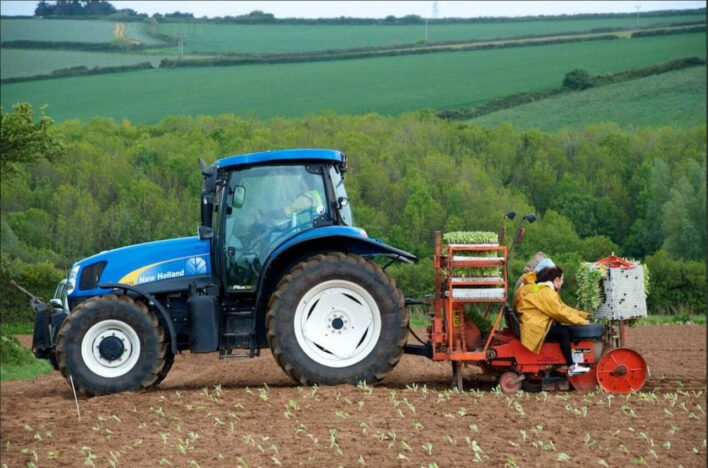
Partners
Working with SWEEP helped us gain a high level of stakeholder engagement in the county, accelerate the B-Lines mapping process and identify synergistic and complementary projects to deliver B-lines on the ground.
Andy Whitehouse, Buglife
What we did
We engaged 34 active partners and completing 24 outreach/engagement activities, the team delivered:
- a new version of Bee-Steward – an award-winning landscape-scale decision support tool that helps farmers and land managers understand how their practices affect bee survival and pollination. It has been enhanced to provide grassland and horticulture settings, and financial costs and benefits;
- 39 bespoke ‘Pollinator Management Reports’, including Bee-Steward reports, to land-owners (such as farmers, orchards and holiday parks) and other businesses, and supported 38 Cornish SMEs on business-led pollinator-enhancing solutions via Tevi;
- Buglife’s Cornwall B-Lines – a series of 3km wide ‘insect pathways’ along which wildflower-rich habitats are being restored, created and linked together – in collaboration with Cornwall Council;
- an audit for Cornwall and the Isles of Scilly – reviewing pollinator and habitat projects from 2018/19.
- publically accessible GIS map of pollinator hotspots and top habitat creation areas – with Kernow Ecology
- integration of Bee-Steward into the New Environment Management Scheme through delivery of two trials by the National Association of AONBs and Plantlife in collaboration with Defra and Natural England.
Impacts & benefits
- Creating improved habitat for pollinators: 7,384ha of land has been created, enhanced or safeguarded specifically for pollinators (through the Bee-Steward plans) across farms, orchards, holiday parks and other businesses in Cornwall and the Isles of Scilly, with more expected in phase 2 of this SWEEP project. A further 545ha of new pollinator habitat has been pledged (flowering cover crops, perennial wildflower meadows, trees and hedgerows), and 391ha of habitat enhanced by seeding or management.
- Improved stakeholder knowledge and shifting attitudes: Stakeholders are now better informed about the benefits of adopting a natural capital approach to pollinator-friendly land management. They are working in a more engaged, collaborative way across Cornwall which is accelerating the pace of change.
- Delivering cost-savings, organisational efficiencies and strategic improvements:
- Buglife was completed its Cornwall B-line mapping faster and more efficiently and used it to support more robust funding proposals leading to the listing of nine pollinator habitat creations.
- The new Bee-Steward model has created more pollinator-focused and resilient land management plans, for example, enabling the Duchy of Cornwall to develop 112 pollinator-friendly natural capital plans with 112 of their tenant farmers across Devon, Cornwall and the Isles of Scilly.
- Bespoke SWEEP ‘Bee-steward action plans’, have saved landowners money across the region through costs avoided from hedgerow management (£3,380pa), cover crop planting (£29,337pa) and the provision of £2,000 of wildflower seed. They also supported four successful Countryside Stewardship applications providing financial returns for the next five years. 4. Strengthening pollinator policy both regionally and nationally:
- Cornwall’s Pollinator Action Plan 2019-2023 directly refers to the Bee-Steward model and Buglife B-lines.
- Cornwall’s Wildlife Trusts’ Nature Recovery Networks and Cornwall Council‘s tree planting guidelines both reference Buglife B-lines.
- Cornwall AONB’s successful application to Defra for an Environmental Land Management scheme test trial is using Bee-Steward to help guide landscape-scale management decisions.
- The National Pollinator Strategy incorporates SWEEP’s Buglife B-line work into its evidence base.
Visualising the impact of establishing certain habitat types via the Bee-Steward model reports brings the process of land management for pollinators to life, greatly helping discussions with our farming tenants.
Jeremy Clitherow, Duchy of Cornwall
Looking to the future
It will continue to deliver impacts that integrate pollinator-management ideas into decision-making and policy, scaling these from local to national level. It will also develop novel opportunities for natural capital business excellence in the South West and create a legacy of grass-roots environmental leadership in the region, drawing upon the 70 stakeholders and partners engaged with so far.





